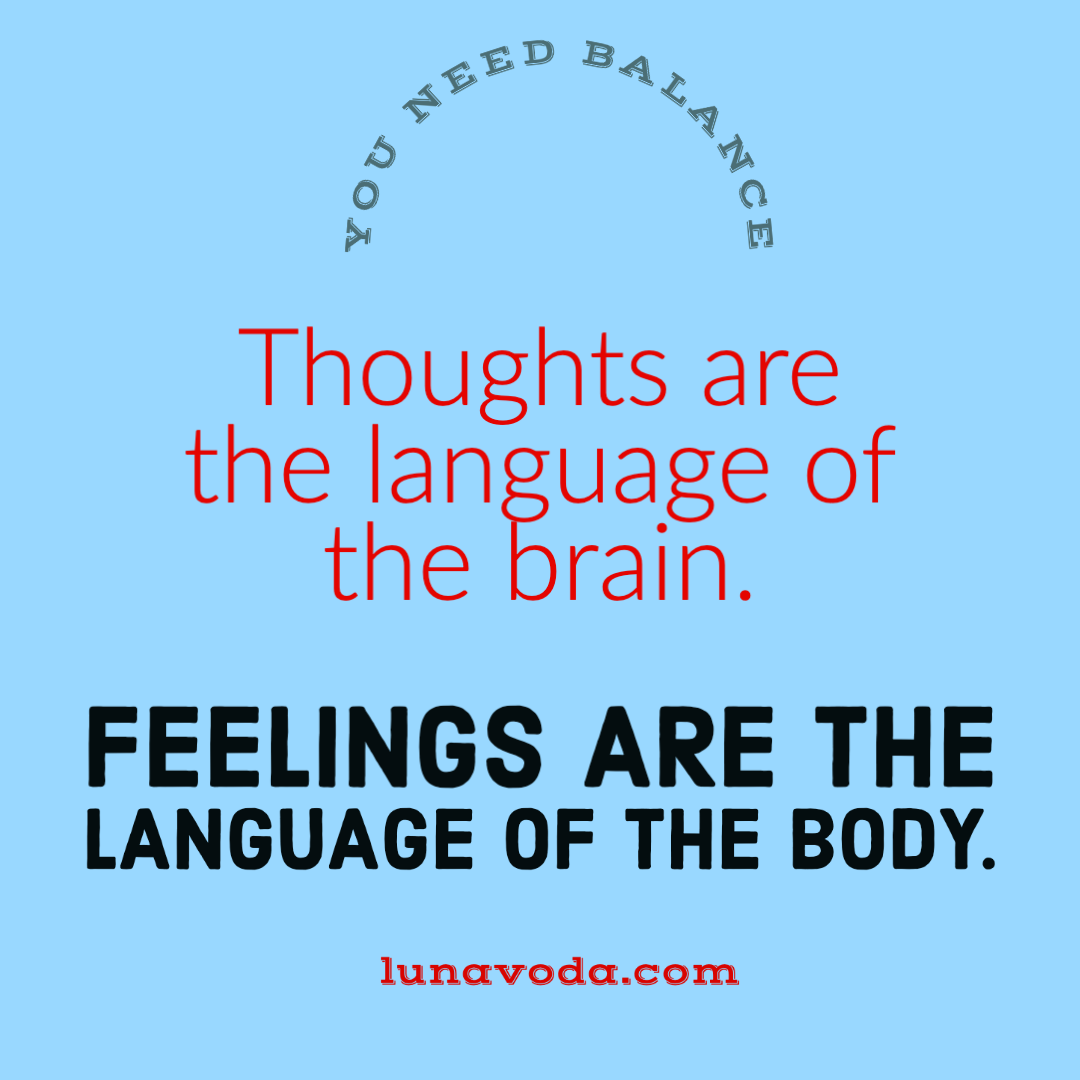Ready to say NO to draining conflicts, and roller-coaster communication?
In this article, you will learn how to use appreciative communication strenghten your rapport with a partner/colleagues/family members/friends and avoid common misunderstandings caused by mis-communication.

“Relationship problems revolve around lack of healthy, assertive communication; communication that is open, direct, respectful, honest, and personal.”
– Darlene Lancer, JD, LMFT Toxic Relationships
Communication that GIVES you energy and helps you feel safe, seen, and heard is called “Appreciative Communication”.
AC is a coaching term described as listening with a willingness to consider that the other person has a point of view, unmet need, or desire that’s right and good, even if it contributes to a feeling of friction or conflict.
When communication breaks down in a relationship, communication may include a lot of criticism, defensiveness, maybe even contempt or disgust, “stonewalling,” where someone just leaves the conversation, either physically or energetically.
It’s hard to make much progress if your relationships lack good communication – they drain your energy because you end up feeling unsafe, unseen, and unheard.
First, let’s establish what are the main toxic behaviors that poison relationships:
• Criticism
When one person implies that there is something wrong with the other person. The other person will most likely feel attacked and respond defensively.
• Defensiveness
When the person responding to a perceived criticism counter attacks with another criticism or plays the innocent victim.
• Contempt
When one person puts themselves on a superior moral high ground or holds the other with disgust.
• Stonewalling
When one person withdraws from the conversation either physically or energetically.
The opposite of closed-heart communication is Appreciative Communication
This method of communication requires a willingness to temporarily set aside your own assertion that you are right and the other person is wrong or misguided so you leave your “map” and listen attentively without judgement.
Coming from a lens of appreciation for another’s map means listening with a willingness to consider that the other person has a point of view, or unmet need, or desire that’s right and good, even if it is contributing to a feeling of friction or conflict.
If you are interested in a couple coaching, please e-mail customer support at coaching@lunavoda.com to request a session, or click here
The couples who follow the strategies I relentlessly share with you (because I care!) report the following results (in as little as 12 weeks!)
– Feeling closer than ever
– Deeper emotional bond
– Healthy spark & desire
– Better communication
– Employment of empathy
– Self-awareness and personal responsibility
Questions for personal reflection:
Are you an attentive & active listener?
Do you pay attention to body language and non-verbal cues?
Do you find it easy to connect to your partner`s needs even if you disagree?
Do you listen absent-mindedly with your ears or do you listen with your heart and are energetically present in your conversations?
Do you empathize with people who judge or cause you to feel mistreated?
Do you easily go from judgement and resentment or do you hold on these feelings for a long time?
Do you openly communicate your feelings or do you expect the other person to “guess” what`s going on with you?
Do you set healthy boundaries in your relationships or do you struggle to express your needs?
Are you a people`s pleaser or are you share your opinions with assertiveness?
Do you invest an effort to make your partner/friends/family members feel appreciated, loved, seen, and accepted for who they are, and for who you want them to be?
To recap, improving your communication in your relationships can help you:
- Avoid negative misunderstandings.
- Determine what your partner is really saying.
- Avoid arguments more easily.
- Be willing to give each other “space” instead of pressuring to resolve right away.
- Increase trust.
- Build emotional closeness and intimacy.
According to Gary Chapman , the author of the book The Five Love Languages: The Secret To Love That Lasts, one of the predicaments of good communication is knowing your partner`s primary love language.
Remember what the late Maya Angelou once said: “People will forget what you said, people will forget what you did, but people will never forget how you made them feel.”
The best gift you can give to someone is the feelings of love, respect, and unconditional support.
Comments +